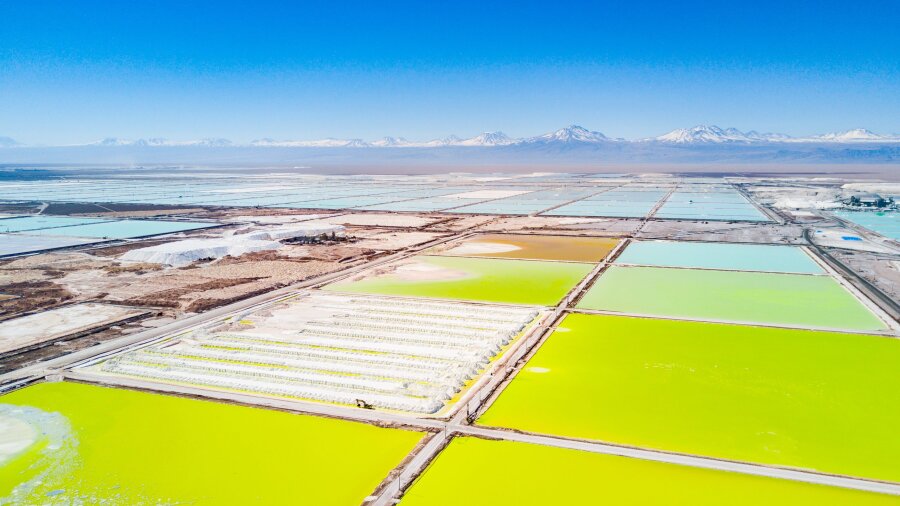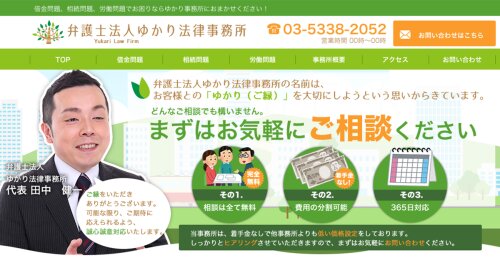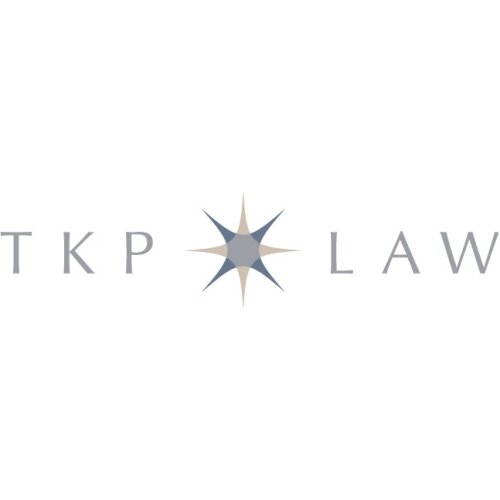Best Adoption Lawyers in Tokyo
Share your needs with us, get contacted by law firms.
Free. Takes 2 min.
Free Guide to Hiring a Family Lawyer
List of the best lawyers in Tokyo, Japan
About Adoption Law in Tokyo, Japan
In Tokyo, Japan, adoption is governed by Japanese civil law, particularly the Family Registration Law and the Child Welfare Law. The process involves legal procedures to create a new and permanent parent-child relationship between the adoptive parents and the child. There are two main types of adoption in Japan: regular adoption (Yoshi-engumi) and special adoption (Tokubetsu Yoshi-engumi). The latter is designed for children under the age of six and establishes a full parent-child legal relationship, severing ties with the biological parents. Adoptions in Tokyo follow the same legal framework as the rest of Japan, with procedures conducted through family courts.
Why You May Need a Lawyer
Adoption can be a complex legal process, and there are several situations where prospective adoptive parents may benefit from legal expertise. These include understanding the differences between regular and special adoption, ensuring the legal rights of all parties are protected, navigating the bureaucratic requirements of the procedure, and dealing with international adoptions that involve additional laws and treaties. A lawyer can provide clarity and guidance through each step, making sure that the process adheres to all legal and procedural standards.
Local Laws Overview
Key aspects of local laws that govern adoption in Tokyo, Japan, include the requirement that special adoptions must be authorized by the family court. This process includes investigation of the adoptive parents' background and home environment to ensure the child's best interests are prioritized. Additionally, for special adoptions, the child must live with the adoptive parents for at least six months before the adoption is finalized, and the consent of the biological parents is required unless their rights have been legally terminated. For regular adoptions, adults of any age can be adopted, with different implications for inheritance and family registration. Knowledge of these local laws is critical to ensure a legally sound adoption process.
Frequently Asked Questions
1. What are the eligibility criteria for adoptive parents in Tokyo?
Adoptive parents in Tokyo must be at least 25 years old and 20 years older than the child they are adopting. They should also demonstrate the financial and emotional capacity to raise a child.
2. How long does the adoption process typically take?
The length of the adoption process can vary greatly depending on the type of adoption, but a special adoption may take several months to over a year, including the mandatory six-month period of the child living with the adoptive parents.
3. Do we need the consent of the child's biological parents?
For special adoptions, the consent of the biological parents is generally required unless their parental rights have been extinguished by the court.
4. Can single individuals adopt a child in Tokyo?
Yes, single individuals can adopt children in Japan. However, the process may be accompanied by additional scrutiny to ensure the best interests of the child are met.
5. Are international adoptions recognized in Tokyo?
International adoptions are recognized, but they must comply with both Japanese law and the laws of the child’s country of origin, as well as relevant international treaties such as the Hague Adoption Convention.
6. Is it possible to adopt a relative's child?
Yes, it is possible to adopt a relative's child; this is often facilitated through regular adoption procedures.
7. What is the role of the family court in the adoption process?
The family court oversees the adoption process, ensuring all legal requirements are met and the adoption serves the best interests of the child, particularly in cases of special adoption.
8. Can same-sex couples adopt in Tokyo?
Currently, Japanese law does not recognize same-sex marriage, and this extends to legal limitations on same-sex couple adoptions. However, one partner may adopt as a single parent.
9. What happens if the biological parents change their mind after consent?
In special adoptions, once the biological parents give their consent and the family court finalizes the adoption, the decision is generally irreversible. However, during the process, the consent may be withdrawn before the final court decision.
10. Are there any post-adoption services available in Tokyo?
Yes, there are post-adoption services provided by various organizations and governmental bodies to support both the adoptive parents and the adopted child with counseling and education.
Additional Resources
For those seeking legal advice on adoption in Tokyo, the Tokyo Family Court is the principal legal body that handles adoption cases. Additionally, consulting with the Child Guidance Center (Jido Sodanjo) of the ward where you reside may provide useful information and assistance. There are also non-governmental organizations such as the Japan Adoption Agency that offer services and guidance throughout the adoption process.
Next Steps
If you require legal assistance with an adoption in Tokyo, the first step is to consult with a lawyer who specializes in family law and has experience with adoptions. They can help you navigate the legal requirements and ensure a smooth process. It may also be helpful to reach out to a local Child Guidance Center for additional support and resources tailored to your specific adoption circumstances.
Lawzana helps you find the best lawyers and law firms in Tokyo through a curated and pre-screened list of qualified legal professionals. Our platform offers rankings and detailed profiles of attorneys and law firms, allowing you to compare based on practice areas, including Adoption, experience, and client feedback.
Each profile includes a description of the firm's areas of practice, client reviews, team members and partners, year of establishment, spoken languages, office locations, contact information, social media presence, and any published articles or resources. Most firms on our platform speak English and are experienced in both local and international legal matters.
Get a quote from top-rated law firms in Tokyo, Japan — quickly, securely, and without unnecessary hassle.
Disclaimer:
The information provided on this page is for general informational purposes only and does not constitute legal advice. While we strive to ensure the accuracy and relevance of the content, legal information may change over time, and interpretations of the law can vary. You should always consult with a qualified legal professional for advice specific to your situation.
We disclaim all liability for actions taken or not taken based on the content of this page. If you believe any information is incorrect or outdated, please contact us, and we will review and update it where appropriate.














